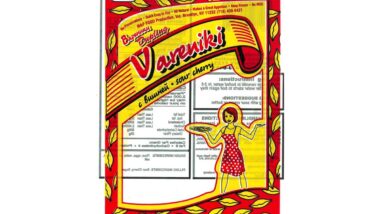
Plaintiff couple Fred K. and Farah K. allege they had been receiving copious spam messaging from Citibank on their cell phones in the last four years. These text messages allegedly pertained to an inactive or closed account that no longer required any action on the claimants’ parts.
The couple claims that even though they repeatedly asked for the texts to stop, Citibank allegedly continued to send the unwanted messages using an automated dialing system.
Fred and Farah decided to file a Telephone Consumer Protection Act (TCPA) lawsuit, alleging Citibank had violated federal privacy laws by using an automated dialing system to contact them without permission.
Overview of TCPA Requirements and Violations
The TCPA was established in the early 1990s to help protect consumers against aggressive telemarketers and other solicitors, which sets a strict set of rules for when to contact consumers and how to go about doing it. For example, with certain exceptions, companies can only use automated dialing systems if they have express prior consent from the consumer before sending any calls or text messages.
Automated dialing systems are computer programs or devices used to generate and place calls or texts to phone numbers on behalf of the company utilizing them. While they’re otherwise legal to use, the TCPA has strict compliance policies for companies that use autodialers.
Consumers on the receiving end of this kind of spam messaging using automated dialing systems can bring a civil TCPA lawsuit against the company, which could impose statutory damage awards of between $500 to $1,500 per violation.
Another important rule of the TCPA is that companies maintain a list of consumers who have asked not to be called. Companies are expected to honor that request for at least five years.
Citibank allegedly failed to comply with these regulations when calling Frank and Farah, which resulted in the couple seeking damages under the TCPA. The TCPA lawsuit alleges the text messages made in the last four years were made with an automated dialing system, which is only allowed if the consumer gives express consent prior to being contacted.
Fred and Farah allege these text messages were made to harass them, texting them several times a day and often on back-to-back days. The TCPA lawsuit states that based on the sheer volume of text messages, it can be reasonably assumed it would bother or harass the receiver.
The couple says this constant barrage of text messages spanning over the course of years interfered with their daily lives, with their TCPA lawsuit claiming each text message was a knowing violation of the TCPA. The TCPA lawsuit is seeking damages for every unwanted text message.
This TCPA Lawsuit is Case No. 0:19-cv-60260-WPD, in the U.S. District Court of Southern Florida, Miami Division.
Join a Free TCPA Class Action Lawsuit Investigation
If you were contacted on your cell phone by a company via an unsolicited text message (text spam) or prerecorded voice message (robocall), you may be eligible for compensation under the Telephone Consumer Protection Act.
ATTORNEY ADVERTISING
Top Class Actions is a Proud Member of the American Bar Association
LEGAL INFORMATION IS NOT LEGAL ADVICE
Top Class Actions Legal Statement
©2008 – 2024 Top Class Actions® LLC
Various Trademarks held by their respective owners
This website is not intended for viewing or usage by European Union citizens.















4 thoughts onSpam Messaging from Citibank Prompts New TCPA Lawsuit
Add me please
please add me to this. thanks
Please add me. Thank you
Add me